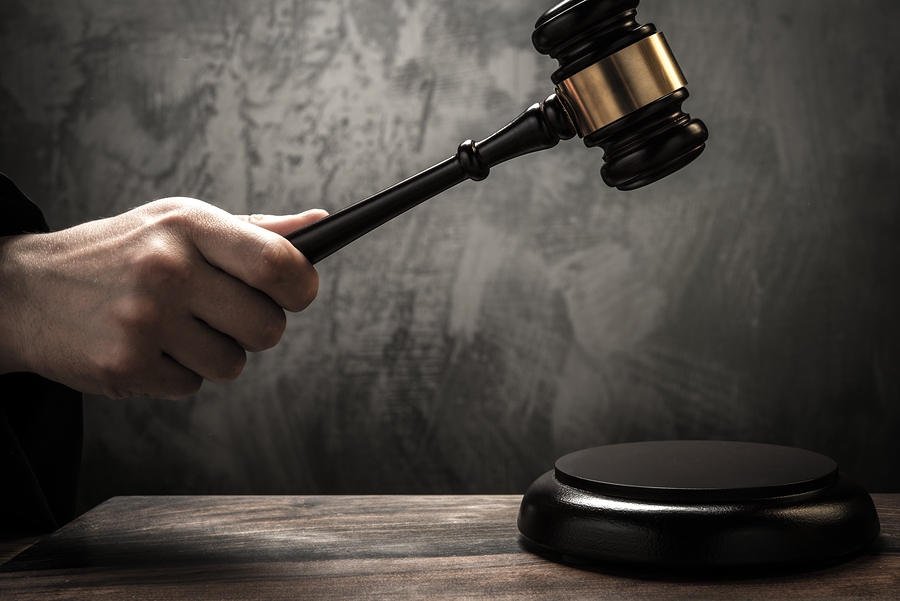If you have been charged with a crime you probably are familiar with what a plea deal is or at least heard the term. However, many people are unaware of the complex process that can go on in to making and executing a plea. It is important that if you have been charged with a crime and are considering if you should take a plea deal that you do so carefully.
What Is a Plea Agreement?
There is some confusion floating around as to what exactly a plea bargain is. Some people believe that if you take a plea bargain that you will not have to pay any fines or serve any jail time. However, while that may be true in some circumstances, it is not generally the case.
A plea bargain is an offer by the State to the defendant, which gives the defendant some consideration or benefit in return for his or her plea of guilty. Sometimes the bargain is for a plea in exchange for a reduction or dismissal of charges, which is known as a charge bargain. Other times the bargain is for a plea in exchange for a recommendation of reduced sentence, which is known as a sentence bargain. Plea bargains are also used for both reduction or dismissal of charges and for a reduced sentence, which is known as a charge and sentence bargain.
Plea bargaining is “central to the administration of the criminal justice system,” it can be established by a defendants explicit admission of guilt or by a defendant’s acknowledgment of the underlying facts constituting essential elements of the crime. The court may not presume facts, which are required to establish the essential elements of the crime.
What is Allowed in a Plea Agreement in New Jersey?
While plea agreements are central to the administration of the criminal justice system, this does not mean that plea agreements are not bound by certain rules and requirements. Below are some of the provisions that may be allowed in a plea agreement. Generally, a plea agreement may be conditioned upon a defendant’s presence at sentencing – a plea agreement may be valid and enforceable if it allows a court to increase a defendant’s sentence in the event that the defendant fails to appear for sentencing.

A plea agreement may provide for restitution – since compensation to the victim is a relevant sentencing factor, the parties may include a restitution award in a plea agreement.
What is not Allowed in a Plea Agreement in New Jersey?
There are certain things that cannot be included in a plea agreement including:
The agreement may not restrict judicial discretion – a plea agreement may not restrict the court’s discretion in imposing a sentence. A criminal sentence is always and solely committed to the discretion of the trial court to be exercised within the standards prescribed by the Code of Criminal Justice.
- Restrictions on the defense are prohibited – a plea agreement that restricts the defendant’s ability to present mitigating evidence, or to argue for a sentence lesser than the one agreed to, denies the defendant the right to effective assistance of counsel.
- Illegal sentences are prohibited – the court may not impose an illegal sentence, even if the prosecutor and the defendant request the sentence.
It is important for anyone who has been charged with a crime and is considering whether or not to take a plea agreement to consider all of the things that may be in a plea agreement including the questions that you may be asked if you decide to plead guilty.
What Questions will I be Asked if I Choose to Plead Guilty?
Many people want to know what questions they will be asked and what they must do in order to accept a guilty plea. There are many reasons why a person may choose to accept a plea agreement, however accepting a guilty plea is not something that you should take lightly as it may impact your criminal history. However, if you do choose to plead guilty you should be prepared to be asked and answer the following questions:
- Did you commit the offense to which you are pleading guilty
- Do you understand that before the judge can find you guilty, you will have to tell the judge what you did that makes you guilty of the particular offense
- Do you understand what the charges mean
- Do you understand that by pleading guilty you are giving up certain rights including:
- The right to a jury trial in which the state must prove you guilty beyond a reasonable doubt
- The right to remain silent
- The right to confront the witnesses against you
- Do you understand that by pleading you are not waiving your right to appeal
- That if you plead guilty you will have a criminal record
Unless the plea agreement provides otherwise, you could be sentenced to serve the maximum time in confinement, pay the maximum fine and to pay the maximum Victims of Crime Compensation Agency Assessment.
As noted above, accepting a plea bargain or deal may be a way for you to have your charges lowered or dismissed, however accepting a plea deal that you do not truly understand can have a serious impact on your life and future.

Contact an Experienced New Jersey Criminal Defense Lawyer
If you have been charged with a crime and are considering whether or not to take a plea deal consider hiring an experienced New Jersey criminal attorney and call the law offices of Joseph Lombardo at (856) 281-9600 to speak with an attorney about your legal options. Our phone lines are staffed around the clock, and we are even available to make holding or jail cell visits in the event of an emergency. Your first consultation is free, and all consultations are 100% confidential, so call today.






